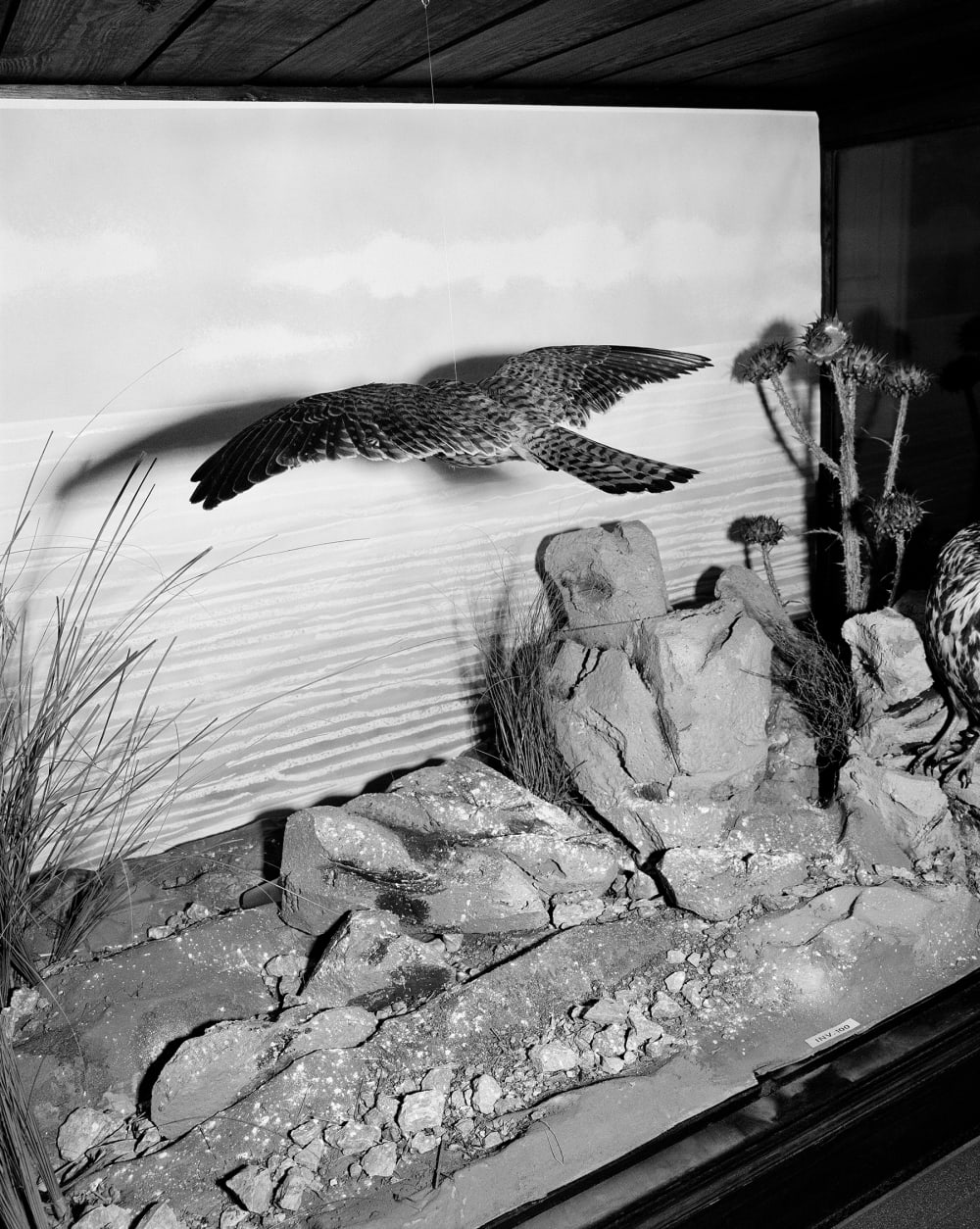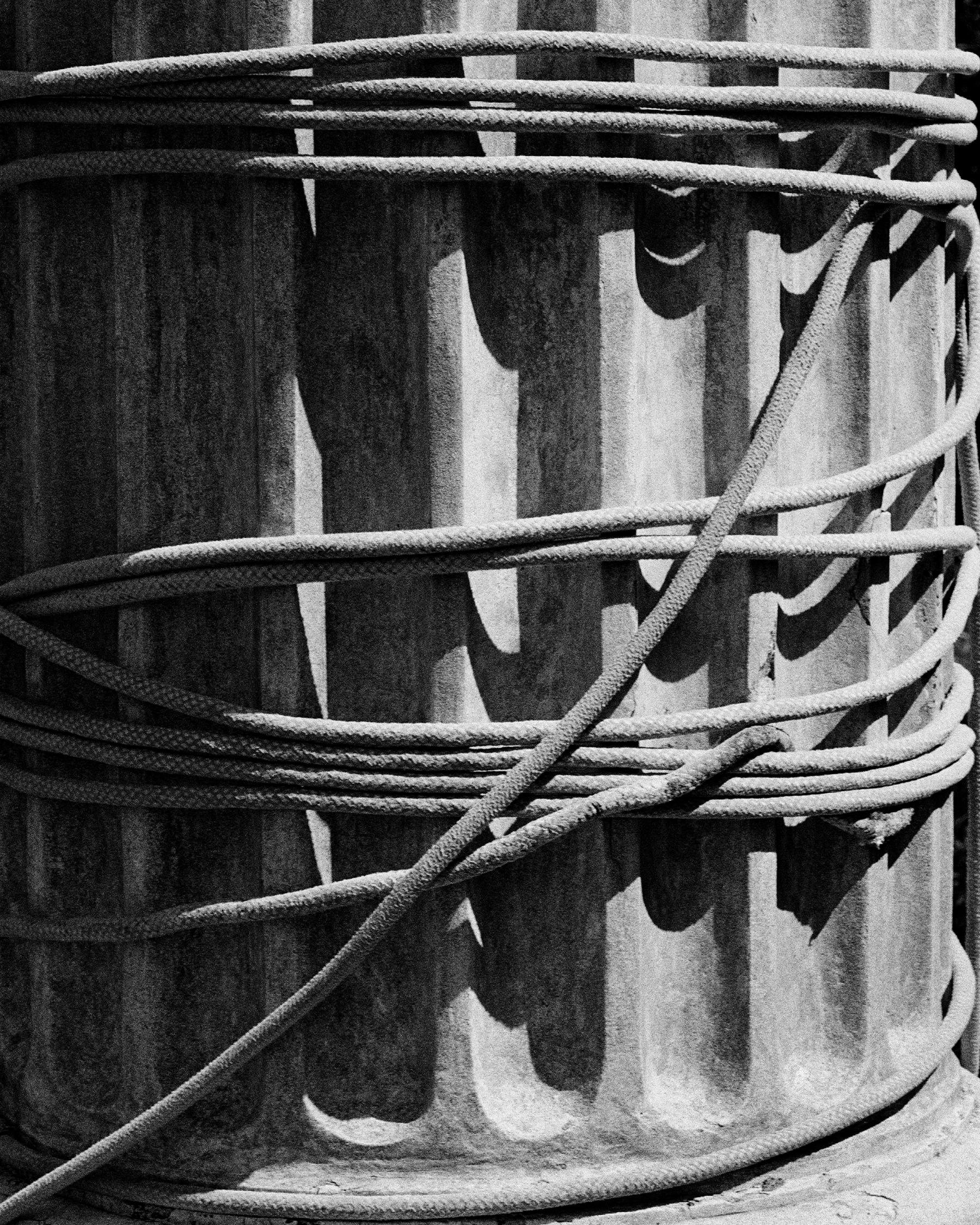The historical narrative of LCC (London College of Communication) graduate Giulia Parlato through images.
Tell us about Diachronicles...
I started working on Diachronicles 4 years, and have continued to build and re-shape it until it reached the final form you can now see. In short, it’s a series of 37 images and a video in which I’ve used a documentary and forensic style to construct staged scenes. Built around controversial stories, disappearances, and forgeries it shows how museums, archeology, and photography can create and shape history.
How does it feel to have your first photo book published?
It feels great - I’m proud of it and grateful for all the support I received from the people involved in the process of making it: Tommaso Parrillo, Nicolas Polli, David Campany, and Matthew Rhys Thompson. Having my book published means that hopefully more people will be able to see this work that I'm very fond of, not only on screens but in printed form.
What would you tell current students and alumni who want to pursue a career in photography?
I would definitely advise you to take your time and work hard for yourself, rather than for external validation: comparing your own journey with someone else’s is not helpful. Collaboration and a sense of community are key. Also, the practical and financial aspects of working with images are important things to consider as very few people make a living by taking photos. Having a career plan in the long term can be helpful. Lastly, look at other photographers whose work you admire: how did they get there? Do they have another job? Did they struggle at first? How did they overcome their problems? Asking yourself these kinds of questions is essential as you often learn about concepts and ideas, but not about how to start making money.
In which ways did studying at UAL help you personally and professionally? (BA Photography, London College of Communication)
To be honest, I struggled a bit at the start: coming from an Italian high school background, where I had experienced different teaching methods, was a bit of a shock. I always felt my English and images weren't good enough and didn’t fit in with the kind of environment. Today actually I believe this was a good thing as I needed that discomfort to embrace the experience in full. All those attempts and failures helped me grow, and decide to pursue a career in photography.
A project you’re particularly fond of?
It hasn't been released yet, but I have been working on a commission in New Zealand and I can't wait to show it. I love traveling, and the opportunity to go to the other side of the world was a wonderful experience.






